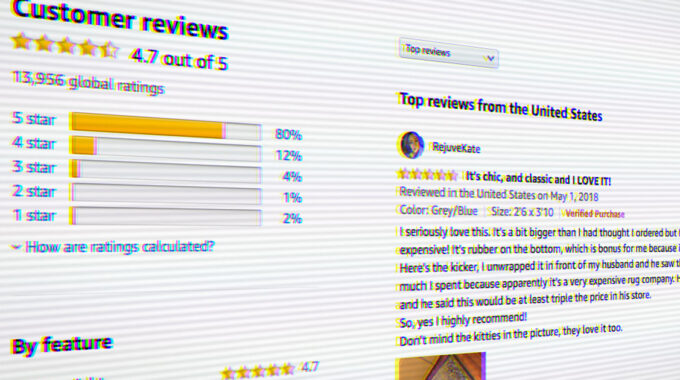
How Meeting Overload Might Impact Employee Productivity
“Meeting overload” has become an increasingly pervasive challenge for workplaces. The relentless stream of meetings, often back-to-back, can take a toll on the well-being of employees and the overall productivity of organizations. As professionals strive to find a balance between collaboration and focused work, the impact of excessive meetings on work-life equilibrium cannot be underestimated. This issue has prompted a reevaluation of meeting practices, shedding light on the need for a more mindful and effective approach to scheduling, conducting, and participating in meetings. Individuals and organizations need to rethink their meeting culture in the pursuit of a healthier, more efficient work environment. Hence, this UCLA Anderson Review article highlights a few strategic meeting management tips to avoid meeting overload from happening for employees.
According to the article, the staggering cost of meeting overload, estimated at $25,000 per employee annually, highlights the critical need for strategic meeting management. While collaborative sessions are indispensable for task coordination, rigid weekly meetings may not align with the demands of knowledge-based professions like software development, where uninterrupted individual focus is paramount for productivity. INSEAD’s Guillaume Roels and UCLA Anderson’s Charles J. Corbett delve into the optimal meeting strategies, considering factors such as team dynamics, size, and productivity levels. Their research underscores the importance of tailoring meeting approaches to suit each team’s unique composition to avoid meeting overload. In smaller teams characterized by homogeneous productivity levels, a flexible, worker-driven scheduling approach proves effective. Conversely, medium-sized teams benefit from hybrid scheduling, while larger teams may require fixed-interval meetings or adaptable policies like open-door and closed-door approaches. This research advocates for customized meeting strategies to optimize productivity and coordination within diverse team structures.
Addressing meeting overload is not merely a matter of convenience; it is an essential step toward bolstering work well-being and enhancing organizational outcomes. The aforementioned are a few tips to help organizations manage meeting overload better for employee well-being.
To dive deeper into the importance of management in the business world, visit UCLA Accelerated Management Program (UCLA AMP).



















